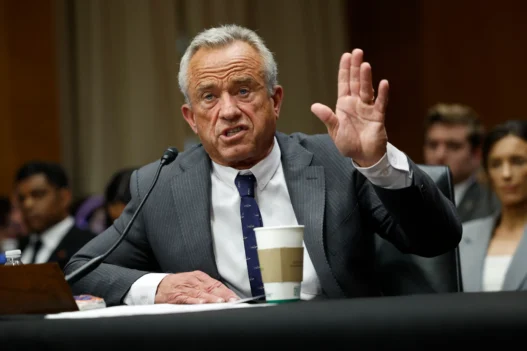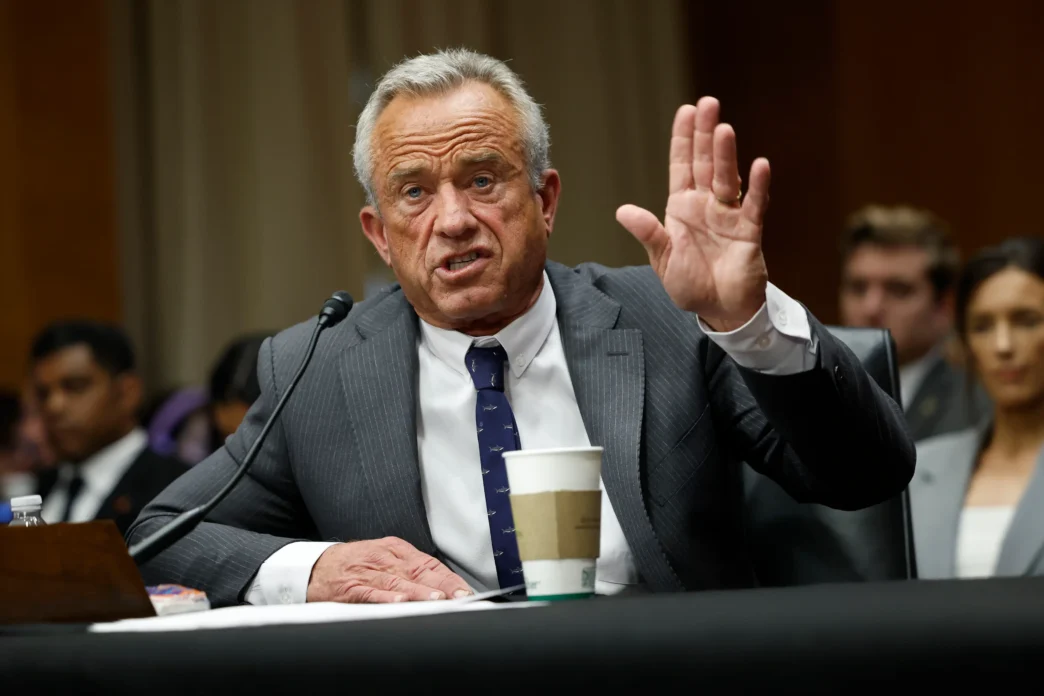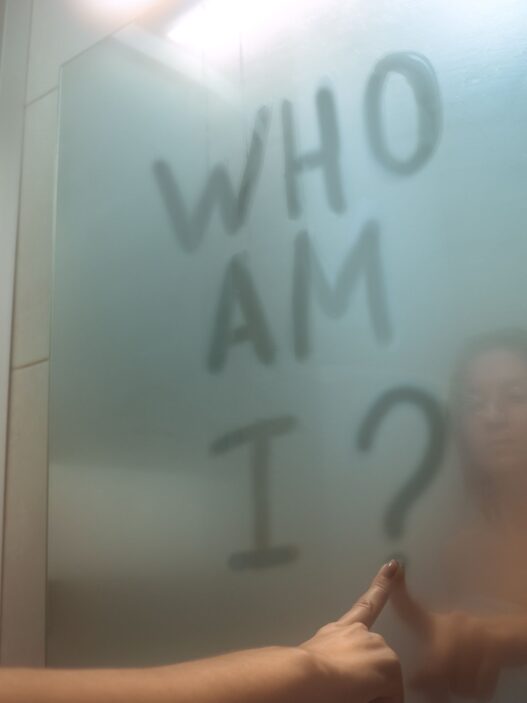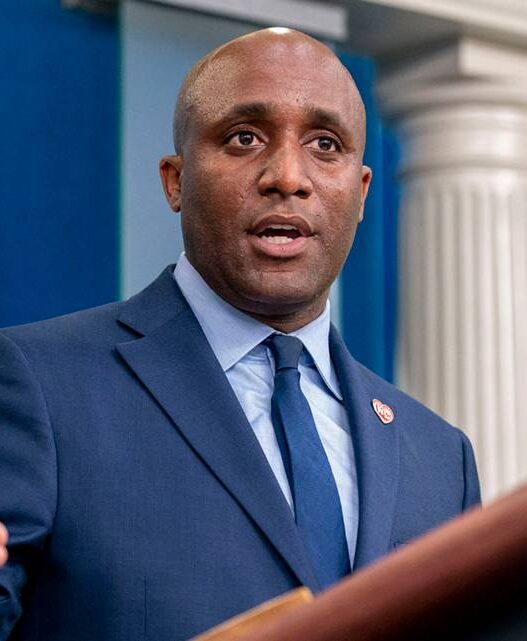U.S. Health and Human Services Secretary Robert F. Kennedy Jr. is reopening one of the most controversial public health debates of the 21st century: the alleged link between vaccines and autism.
Despite overwhelming scientific evidence debunking a causal connection, Kennedy announced this week that the Centers for Disease Control and Prevention (CDC)
will conduct a new large-scale study to examine potential environmental factors contributing to autism spectrum disorder (ASD), including childhood vaccinations.
The announcement comes just weeks after the CDC released updated data showing that autism now affects 1 in 31 U.S. children, up from 1 in 36 in 2020.
Kennedy Declares a “Public Health Emergency”
In a press conference at HHS headquarters, Kennedy called the rise in autism diagnoses a “public health emergency” and criticized past public health leaders for “turning a blind eye” to environmental triggers.
He committed to delivering preliminary findings by September and claimed that the federal government has a responsibility to explore “all possible causes.”
Kennedy also disputed the CDC’s explanation that increased autism rates are due to improved screening and expanded diagnostic criteria. “We are seeing an epidemic,” he said. “And no one wants to ask why.”
CDC Confirms New Study Plans
According to a report from Reuters, the CDC is preparing to launch a broad study that includes a renewed focus on childhood vaccines, reigniting a long-settled issue that many experts say poses a threat to public health.
More than a dozen major studies have found no link between vaccines and autism. Groups including the American Academy of Pediatrics,
the World Health Organization, and the CDC itself have long maintained that vaccines are safe and vital to preventing deadly childhood diseases.
Critics warn that revisiting the vaccine-autism theory risks fueling further vaccine hesitancy at a time when the United States is already facing measles outbreaks and declining childhood immunization rates.
Medical Community Pushes Back
Leaders in the medical and scientific communities were quick to respond.
Dr. Alycia Halladay, Chief Science Officer of the Autism Science Foundation, said,
“The focus on vaccines is a distraction from addressing the real needs of individuals with autism and their families.”
Other experts questioned the political motivations behind the investigation.
“Reinvestigating a debunked theory gives it credibility it doesn’t deserve,” said one public health analyst.
“This isn’t about science. It’s about messaging.”
Advocates also criticized Kennedy’s framing of autism as a crisis. Some noted his history of making stigmatizing remarks about individuals with autism, including statements suggesting they are incapable of leading full, productive lives.
Disability rights groups have called for greater sensitivity and inclusion in federal policy discussions.
Rising Autism Rates and Political Tensions
The CDC’s most recent report confirmed a continued increase in autism diagnoses, especially among Black, Hispanic, and low-income children.
While researchers agree that better screening and awareness are part of the explanation, Kennedy’s push to investigate environmental and pharmaceutical factors reflects a broader mistrust of federal agencies.
The Department of Health and Human Services also announced new grants to expand autism services and support research on early intervention and workforce training.
However, these developments were largely overshadowed by the renewed vaccine controversy.
What Comes Next
The CDC has not yet shared details about the study’s design, timeline, or inclusion criteria.
It remains unclear how much of the research will focus on vaccines compared to other environmental or genetic factors.
In the meantime, the public is left to navigate a fragile landscape. On one side are families desperate for answers and more support; on the other, a federal agency now caught between political pressure and scientific integrity.
As Kennedy challenges the scientific consensus, the question isn’t just whether this investigation will reveal new information, it’s whether it will reopen old wounds that risk undermining public trust in science altogether.























